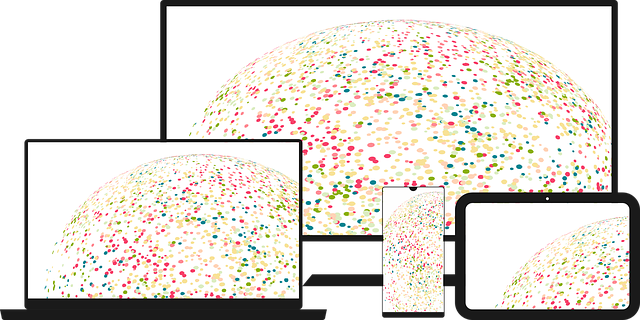AI predictive analytics for home renovations is revolutionizing residential real estate. By analyzing vast datasets like historical sales data, demographic trends, and urban planning records using machine learning algorithms, AI helps uncover hidden patterns and correlations affecting property values and market dynamics. This capability enables informed decisions on renovations and strategic investments, surpassing human expertise in valuation. Moreover, AI-driven zoning analysis reveals undervalued areas with high development potential, offering early opportunities to investors before market saturation. Ultimately, AI is reshaping urban landscapes through data-driven recommendations for home renovations and neighborhood planning.
In the ever-evolving landscape of residential real estate, AI predictive analytics is revolutionizing how we understand and leverage zoning data. This cutting-edge technology offers unparalleled insights into property value projections and urban development trends. By harnessing machine learning algorithms, developers can now make informed decisions about renovations, maximizing returns while shaping vibrant neighborhoods for the future. Unlocking zoning’s potential through AI promises a new era of data-driven real estate strategies.
- Unlocking Zoning Potential: How AI Can Transform Real Estate Decisions
- Data-Driven Renovations: Predicting Property Value with Machine Learning
- The Future of Neighborhoods: AI's Role in Shaping Urban Landscapes
Unlocking Zoning Potential: How AI Can Transform Real Estate Decisions

AI has the potential to revolutionize residential real estate by unlocking new avenues for zoning analysis and strategic decision-making. By leveraging machine learning algorithms, AI predictive analytics can scrutinize vast datasets, including historical sales data, demographic trends, and urban planning records. This enables developers and investors to identify hidden patterns and correlations that might influence property values and market dynamics.
For instance, AI models can predict the impact of home renovations on resale value by analyzing similar properties’ transformations and their subsequent selling prices. This information empowers homeowners and real estate professionals to make informed choices about which improvements will yield the best returns. Additionally, AI-driven zoning analysis can help uncover undervalued areas with high development potential, presenting investors with lucrative opportunities before the market becomes saturated.
Data-Driven Renovations: Predicting Property Value with Machine Learning

In the realm of residential real estate, data-driven insights are revolutionizing the way properties are valued and renovated. With AI predictive analytics for home renovations, machine learning algorithms can sift through vast amounts of historical zoning data, market trends, and property characteristics to predict future property values with impressive accuracy. This innovative approach leverages the power of artificial intelligence to transform traditional renovation decisions into strategic moves based on concrete evidence rather than guesswork.
By analyzing past renovation projects and their corresponding increases in property value, these algorithms identify patterns and correlations that human experts might miss. For instance, AI can determine that a specific type of kitchen remodel consistently boosts home values by a certain percentage or that certain zoning changes have led to surges in property demand for particular neighborhoods. Armed with such insights, real estate investors, developers, and homeowners alike can make informed choices about renovations, ensuring their investments not only protect but also enhance their property’s value in the ever-evolving market landscape.
The Future of Neighborhoods: AI's Role in Shaping Urban Landscapes

The future of neighborhoods is being rewritten by artificial intelligence, which is transforming urban landscapes through its advanced capabilities in data analysis and predictive modeling. AI is revolutionizing residential real estate by offering insights into zoning regulations and their impact on property values, development potential, and community dynamics. By leveraging vast datasets, AI algorithms can predict trends, identify patterns, and make informed recommendations for home renovations and neighborhood planning.
This technology enables developers, architects, and urban planners to make data-driven decisions, ensuring that new constructions align with the existing character of the area while maximizing the benefits of modern design and amenities. With AI predictive analytics for home renovations, neighborhoods can evolve sustainably, catering to changing demographics and lifestyle preferences without sacrificing their unique charm.
AI is revolutionizing residential real estate, from unlocking zoning potential to shaping urban landscapes. By leveraging data-driven insights through machine learning and AI predictive analytics for home renovations, investors and developers can make more informed decisions. This technology not only aids in understanding property value but also fosters the evolution of neighborhoods. As we navigate the future, AI will continue to play a crucial role in transforming real estate dynamics, ensuring sustainable and efficient urban growth.
